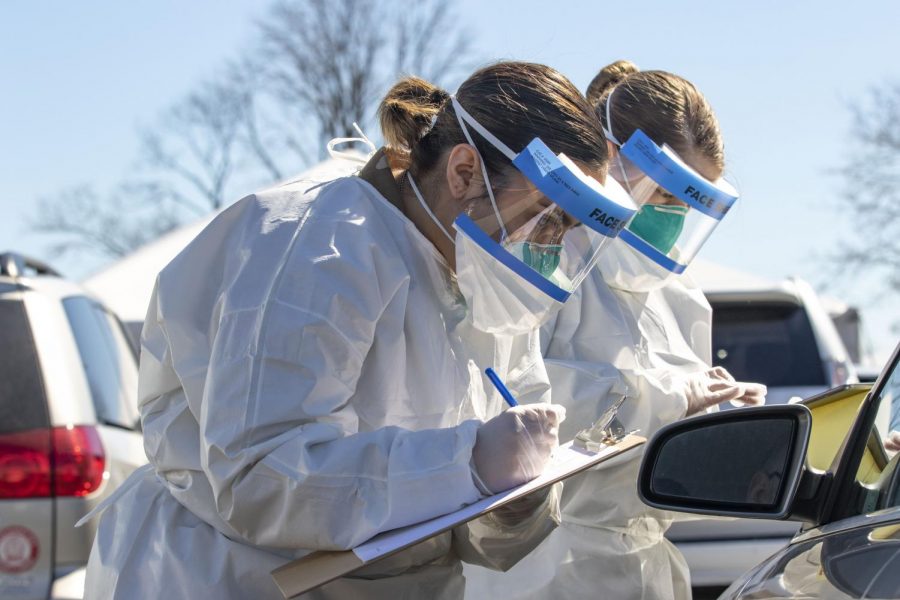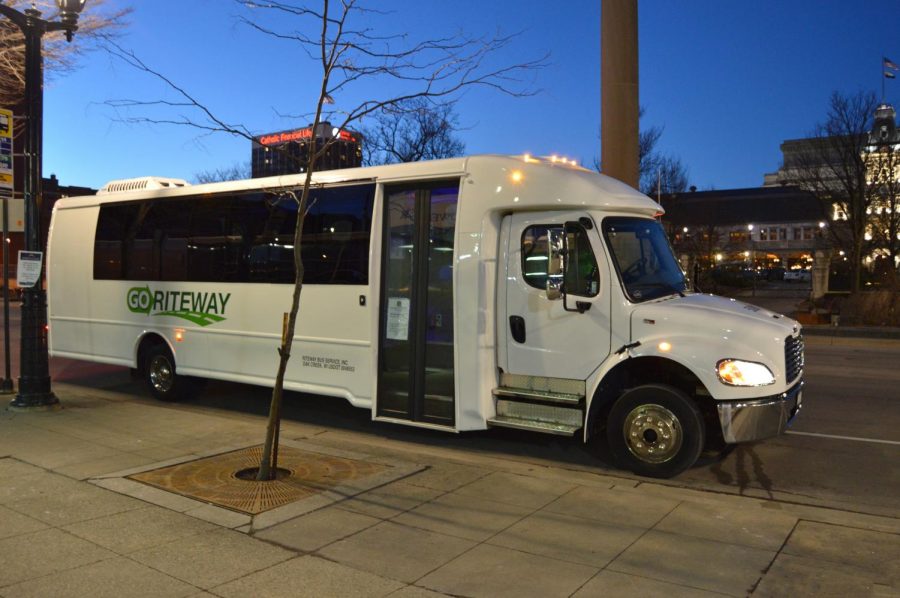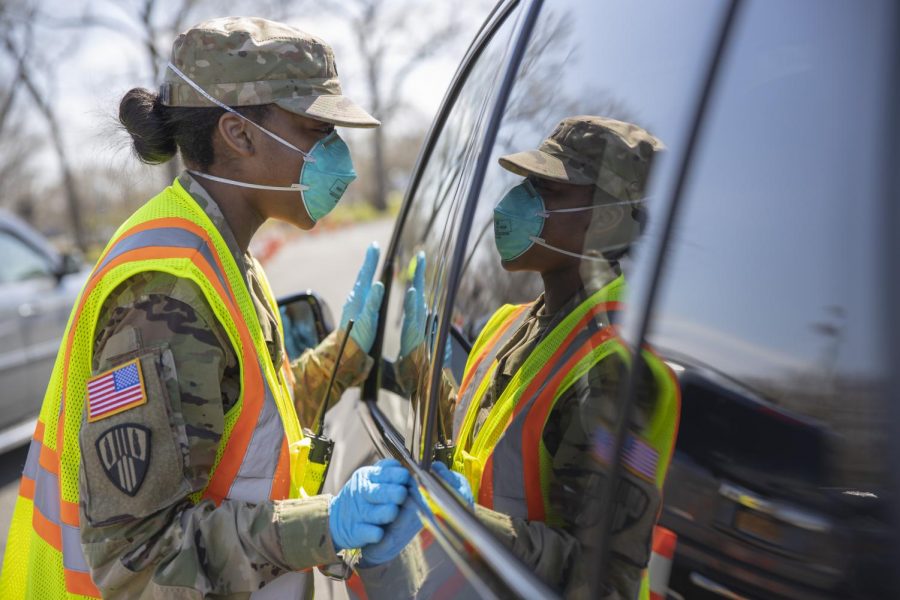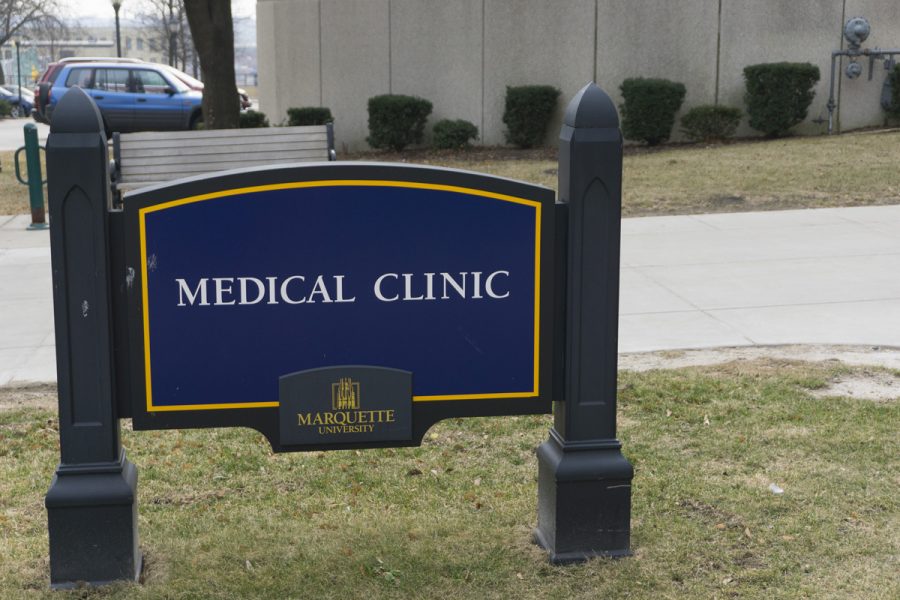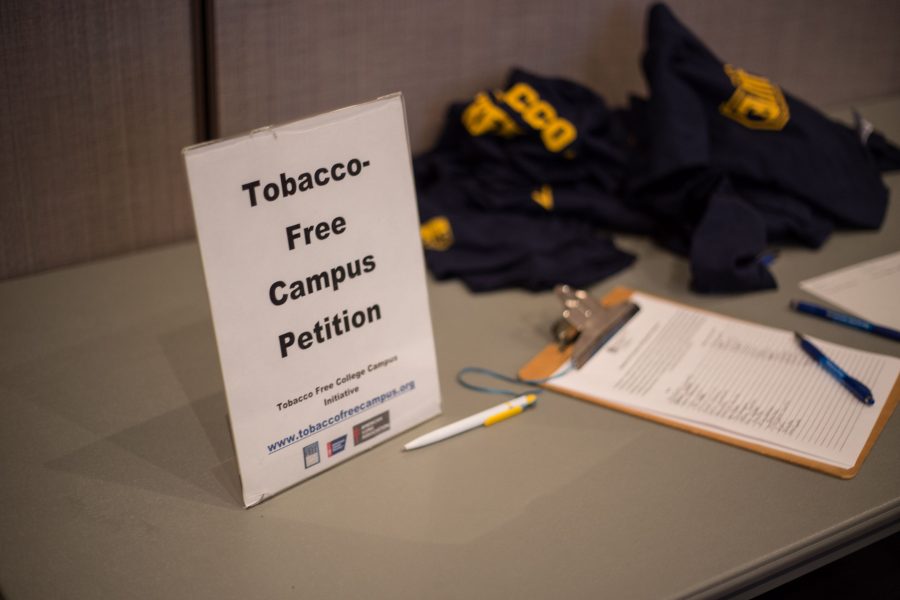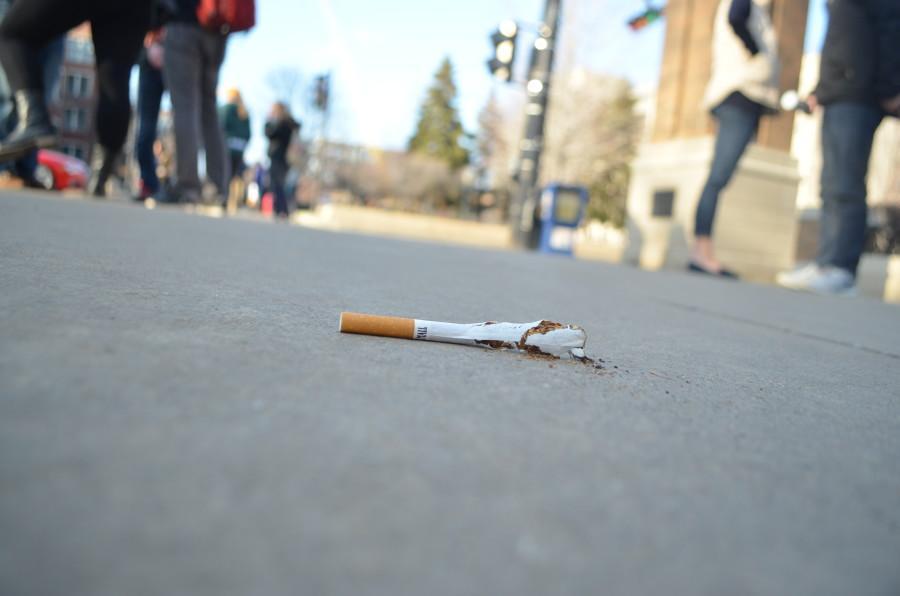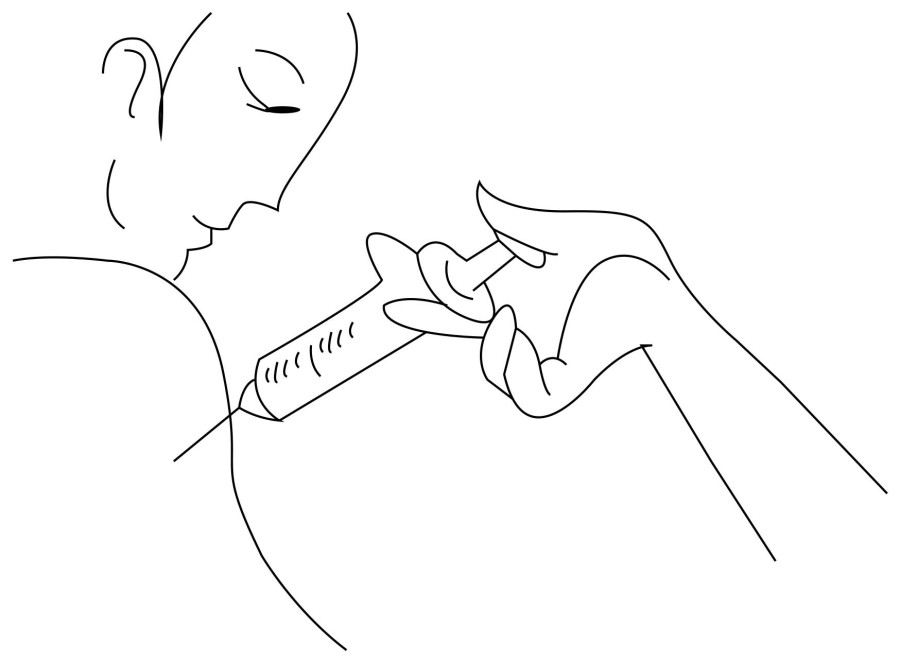The spread of COVID-19 has swept through the United States with unrelenting force, leaving many of us wondering whether the worst has already happened or if it is yet to come. Many experts expect it to be the latter. Despite the U.S. being a world leader in medical advancements, it is proving to be ill-prepared to handle the outbreak compared to other countries who have taken a more aggressive approach such as China and Taiwan.
In the spring of 2018, the Trump administration made the decision to start firing members of the pandemic response team before eventually disbanding the team later that year. When asked about the firing Trump claimed that he had no idea who fired the team.
Dissolving the team left our government less equipped to handle the current situation. It can be seen as a reason for the lack of immediate test availability in the U.S.
The first case of COVID-19 was found in late January. It is now mid-March and testing is just starting to catch up to the demand. Because of the slow nature of the nation’s ability to test and confirm COVID-19 cases, the virus has been spreading and creating countless more preventable cases.
In a Vox article, Julie Eaker, a physician’s assistant and supervisor at a small, rural, tribal community health clinic in Siskiyou County, California, said she suspected someone of having the virus in early February. As of March 12, they had still not been tested.
This is especially alarming as the average incubation period for COVID-19 is five days with an estimated range of 2-14 days, making the early diagnosis of infected individuals critical. The incubation period is the amount of time between when an individual contracts the virus and when they start to see symptoms. For comparison, the incubation period for the common cold is 1-3 days. Although COVID-19’s average incubation period is only a couple days longer, each day is critical in preventing the spread of this virus.
The ramifications of the U.S.’s lack of testing may be realized in the upcoming months, as the sheer number of cases of COVID-19 in the U.S. may become a significant problem. As of March 17, there were about 4,200 U.S. cases of COVID-19 and 75 deaths. However, a New York Times article projects that if the virus were to last months or even over a year, as many as 200,000 to 1.7 million people could die.
More predictions predicated on the Centers for Disease Control and Prevention theoretical outlook for the future of the virus suggested that 2.4-21 million people in the United States could require hospitalization.
These numbers would effectively obliterate the current U.S. medical system, which has only about 925,000 staffed hospital beds, according to the American Hospital Association.
In addition to concerns regarding testing and hospital capacity, the cost of getting tested could be an issue for many Americans. In 2017, the Federal Reserve reported that 40% of American adults “would either borrow, sell something, or not be able pay if faced with a $400 emergency expense,” according to the Fed’s 2018 Survey of Household Economics and Decisionmaking.
Ruben Gallego, a Democratic representative in Congress for Arizona, announced March 3 that he would introduce a bill that would ensure Medicaid would pay for all testing and treatment of COVID-19 for every American, regardless of their current insurance policy. This type of legislation is of the utmost importance to ensure the safety of each and every individual in the U.S. at a time like this.
Treatment should not be dependent on one’s insurance, as the current medical system in the U.S. does not provide affordable insurance to everyone. Research shows people frequently skip treatment — even for serious conditions — because they worry they can’t afford the cost.
While Vice President Mike Pence announced March 12th that people who get tested for COVID-19, the disease caused by the new coronavirus SARS-CoV-2, don’t have to worry about getting a surprise medical bill, it is still absurd for our government to put so many citizens in such a financially compromising situation in part because they grossly mishandled it.
It is a basic role of government to promote the health and well-being of its people. This is a responsibility that our government is failing to fulfill, highlighted by the numerous problems regarding the funding, affordability and accessibility of our medical system.
Our government was not prepared for a pandemic of this magnitude when it should have been. The very least it can do at this point is if or when a cure is discovered, it should not only be easily accessible, it should be free.
This story was written by Beck Andrew Salgado. He can be reached at [email protected].

